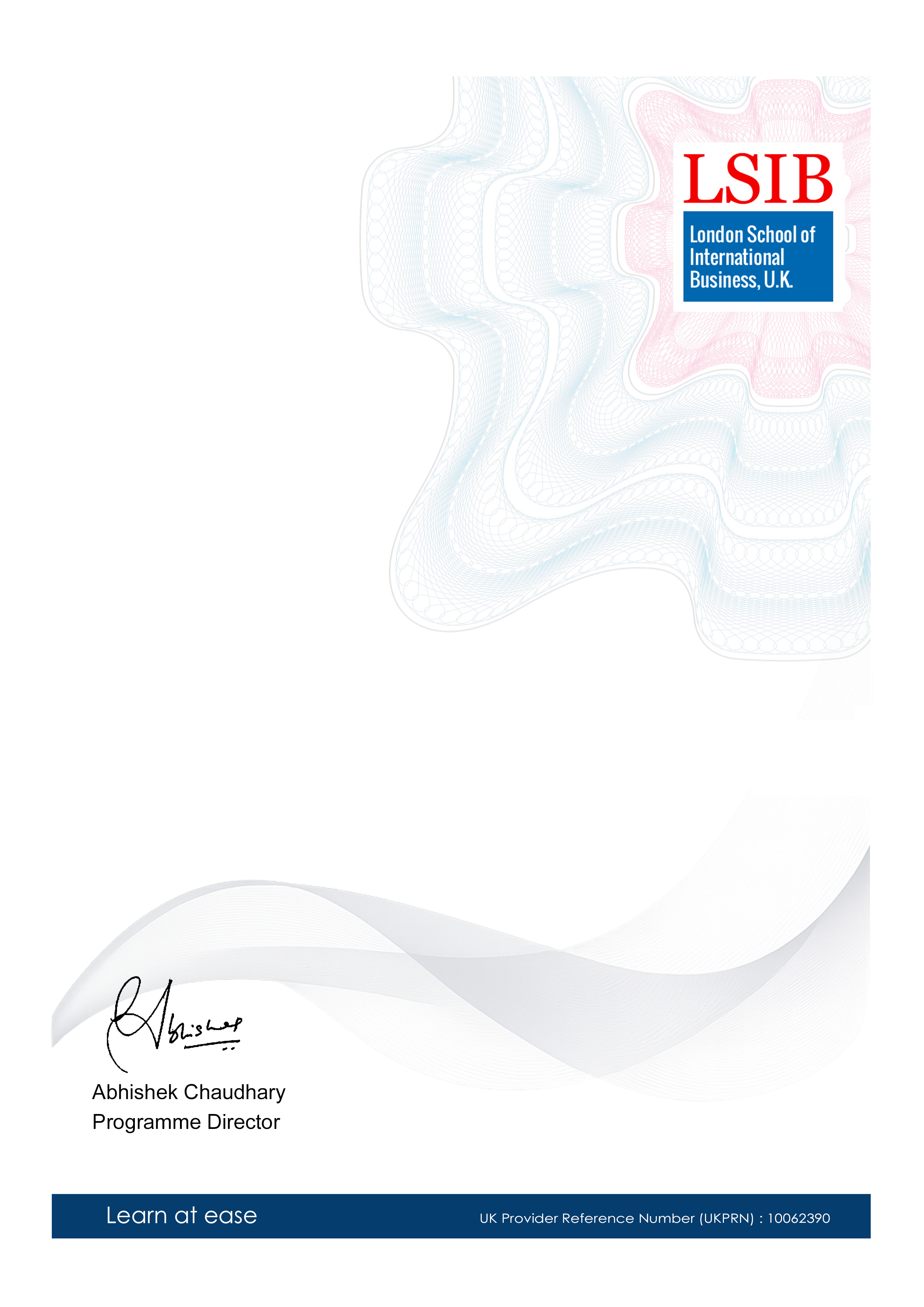Advanced Certificate in Behavioral Economics for Addiction Recovery
-- viewing nowBehavioral Economics for Addiction Recovery: This advanced certificate program equips professionals with cutting-edge tools to improve treatment outcomes. Understand the psychology of addiction and how behavioral biases influence recovery.
7,291+
Students enrolled
GBP £ 140
GBP £ 202
Save 44% with our special offer
About this course
100% online
Learn from anywhere
Shareable certificate
Add to your LinkedIn profile
2 months to complete
at 2-3 hours a week
Start anytime
No waiting period
Course details
• Foundations of Behavioral Economics: An introduction to the fundamental concepts and theories of behavioral economics, exploring how cognitive biases and irrational decision-making impact addiction recovery.
• Neuroeconomics and Addiction: An exploration of the neural mechanisms underlying addiction and their relationship with economic decision-making, incorporating theories from neuroscience, psychology, and economics.
• Behavioral Interventions for Addiction Recovery: An analysis of evidence-based behavioral interventions that leverage insights from behavioral economics to promote recovery and prevent relapse, including nudges, commitment devices, and feedback mechanisms.
• Motivational Interviewing and Behavioral Economics: A review of the integration of motivational interviewing and behavioral economics principles to enhance addiction treatment outcomes, with a focus on increasing motivation and promoting behavior change.
• Digital Health and Behavioral Economics in Addiction Recovery: An examination of the role of digital health technologies, such as mobile apps and telehealth, in delivering behavioral economic interventions for addiction recovery, including a discussion of their benefits and limitations.
• Policy and Systems Approaches to Addiction Recovery: A consideration of the policy and systems-level interventions that can promote addiction recovery, incorporating insights from behavioral economics, public health, and healthcare systems.
• Ethical Considerations in Behavioral Economics for Addiction Recovery: A review of the ethical considerations and challenges in applying behavioral economics to addiction recovery, including issues related to informed consent, privacy, and potential exploitation.
• Research Methods in Behavioral Economics for Addiction Recovery: An overview of the research methods and study designs commonly used in behavioral economics for addiction recovery, including randomized controlled trials, field experiments, and observational studies.
Career path
UK Addiction Recovery Job Market Insights: Career Paths & Salaries
| Career Role | Description |
|---|---|
| Addiction Counselor/Therapist (Behavioral Economics Focus) | Provides evidence-based behavioral therapies, integrating economic principles to understand addiction's decision-making processes. High demand, rewarding career. |
| Behavioral Economics Consultant (Addiction Treatment) | Applies behavioral economics principles to improve treatment strategies and program design within addiction recovery settings. Growing field with excellent salary prospects. |
| Addiction Recovery Research Analyst | Conducts research utilizing behavioral economics models to analyze addiction trends and inform effective interventions. Excellent analytical skills required. |
| Program Manager (Addiction Recovery Services) | Manages and oversees addiction recovery programs, incorporates behavioral economics principles to improve program effectiveness and outcomes. Strong leadership needed. |
| Policy Analyst (Substance Abuse Prevention) | Develops and evaluates policies related to substance abuse prevention, integrating behavioral economics perspectives. Requires strong policy and research skills. |
Entry requirements
- Basic understanding of the subject matter
- Proficiency in English language
- Computer and internet access
- Basic computer skills
- Dedication to complete the course
No prior formal qualifications required. Course designed for accessibility.
Course status
This course provides practical knowledge and skills for professional development. It is:
- Not accredited by a recognized body
- Not regulated by an authorized institution
- Complementary to formal qualifications
You'll receive a certificate of completion upon successfully finishing the course.
Why people choose us for their career
Loading reviews...
Frequently Asked Questions
Course fee
- 3-4 hours per week
- Early certificate delivery
- Open enrollment - start anytime
- 2-3 hours per week
- Regular certificate delivery
- Open enrollment - start anytime
- Full course access
- Digital certificate
- Course materials
Get course information
Earn a career certificate

